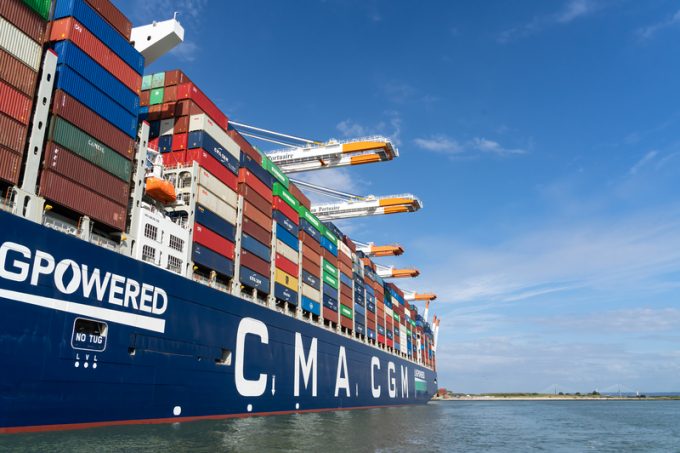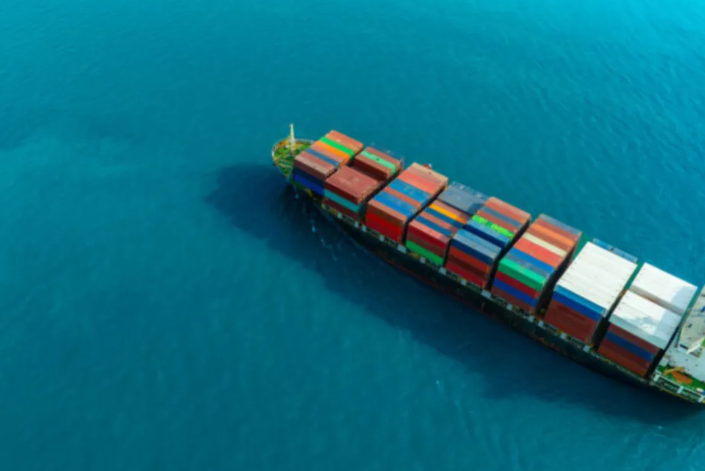On August 27 local time, the Russian government introduced a major move in fuel market regulation, officially announcing a new temporary ban on gasoline exports, immediately attracting widespread attention in international energy markets.
Under the new regulation, from September 1 to September 30, the ban will apply indiscriminately to all exporters, including both oil product producers and non-producers, effectively halting all gasoline exports. However, the restriction is not permanent: starting October 1, the export limitation on gasoline producers will be lifted, allowing the export market to partially reopen.
The Russian government explained the decision via its official social media platforms, stating that the primary goal is to stabilize the domestic fuel market. Current fluctuations in the international energy market, combined with geopolitical conflicts and global economic uncertainty, pose challenges to the balance of supply and demand and price stability in Russia. By implementing this temporary export ban, the government aims to increase domestic supply, prevent shortages caused by excessive exports, stabilize fuel prices, and protect consumers and economic stability.
As a major global energy exporter, Russia’s policy shift on gasoline exports not only affects its domestic fuel market but may also create chain reactions in international energy supply, demand, and pricing dynamics.

Last
CMA CGM Launches KILIMA Service Linking Far East to East Africa and Indian Ocean
CMA CGM has announced the launch of the KILIMA service, connecting the Far East to Kenya, Tanzania, and the Indian Ocean, effectiv

Next
Sea-Intelligence Warns of Likely Last-Minute Blank Sailings Ahead of Chinas Golden Week 2025
Recently, Danish maritime data research firm Sea-Intelligence analyzed the announced blank sailings during the upcoming Golden Wee
